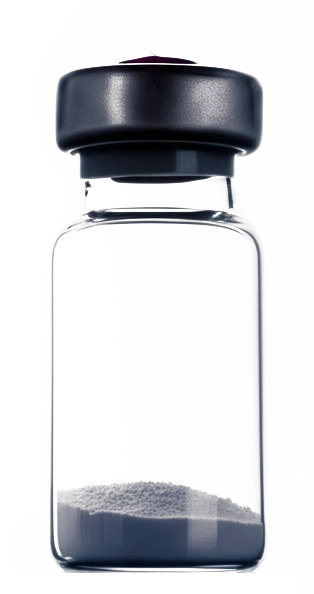Performance-enhancing peptides have become a hot topic in the world of sports and fitness. Athletes and bodybuilders are always looking for that extra edge. These peptides offer potential benefits for muscle growth, endurance, and overall athletic performance. This section dives into what performance-enhancing peptides are and how they work in the body. We will also explore some of the potential benefits and risks associated with their use. Performance-enhancing peptides are short chains of amino acids. These peptides are designed to mimic or enhance the effects of naturally occurring peptides in the body. They can stimulate hormone release, promote muscle growth, and improve recovery. These actions can lead to significant gains in athletic performance. Many athletes use these to help enhance muscle growth peptides, athletic performance peptides, and peptides for endurance.One of the primary ways performance-enhancing peptides work is by stimulating the release of growth hormone (GH). Growth hormone is crucial for muscle growth, fat loss, and overall tissue repair. Peptides like GHRP-6 and Ipamorelin stimulate the pituitary gland to release more GH. This increase can lead to enhanced muscle growth and improved recovery times. Other peptides work through different mechanisms. For example, some peptides can increase the production of insulin-like growth factor 1 (IGF-1). IGF-1 is another key player in muscle growth and repair. By boosting IGF-1 levels, these peptides can further enhance muscle development and recovery. It is also important to note that these are often known as bodybuilding peptides and strength peptides.The use of performance-enhancing peptides is not without risks. Potential side effects can include water retention, joint pain, and increased blood pressure. Some peptides may also have more serious side effects. These include potential cardiac issues or hormonal imbalances. It is crucial for athletes to be aware of these risks and to consult with a healthcare professional before using any performance-enhancing peptides. The legal status of these peptides varies widely. Some are legal to purchase and use, while others are banned by sports organizations and regulatory bodies. Athletes need to be aware of the legal implications and potential consequences of using these substances.The world of performance-enhancing peptides is complex. It requires careful consideration and a thorough understanding of the potential benefits and risks. While these peptides can offer significant advantages in terms of muscle growth, endurance, and recovery, they should be used responsibly. Consultation with healthcare professionals and adherence to legal and ethical guidelines are essential.







